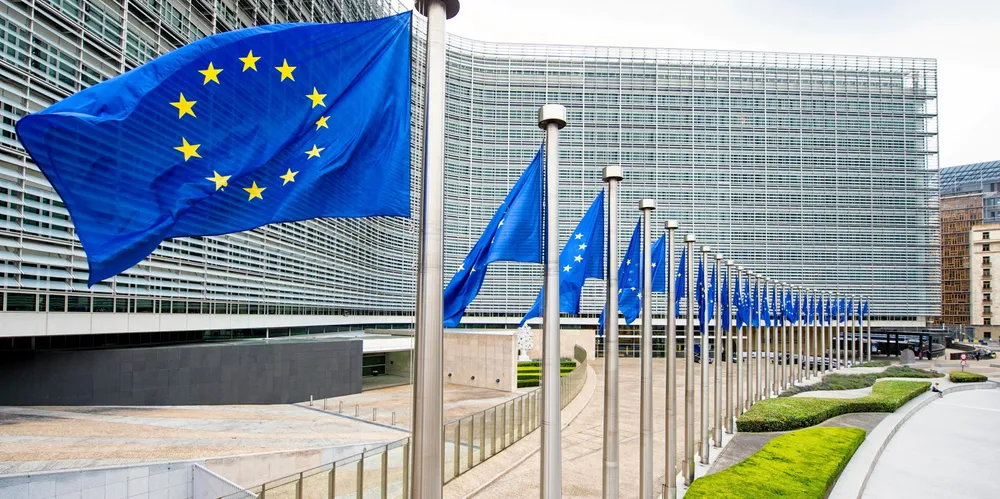'EU at a crossroads' | Europe needs speed to keep up global hydrogen leadership: study
Potential for bloc to rise into a position of market pre-eminence while boosting energy transition in the region being undermined by slow-moving policy reform, finds research from the Harvard Kennedy School
